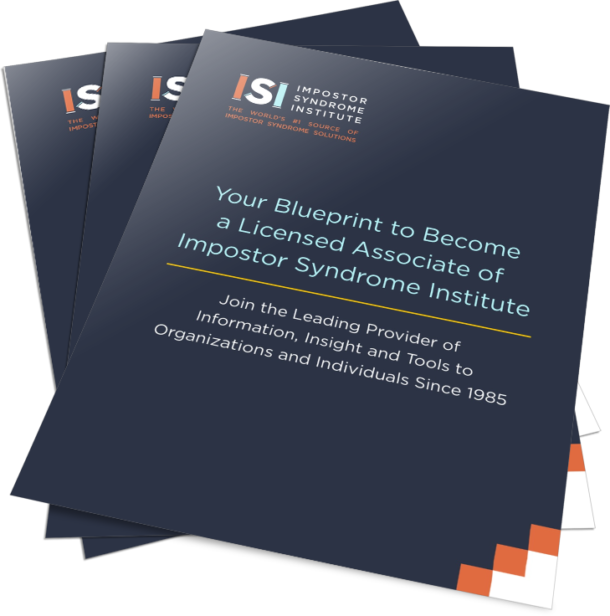
False Negatives
March 5, 2003
By Annemarie Fleming
The point
We all have moments of doubt but feeling you’re not up to the job can cripple your career.
Do you ever feel you are a phoney? That, despite the framed diploma on the wall, you are a fake? That success in your job is due to luck, timing or just being liked, rather than how skilled you are?
If you answered “yes”, you may be pleased to hear you’re not alone. Studies estimate up to 70 percent of us feel this way at some time in our working lives.
For most of us, these feelings of insecurity do go away in time but for others the condition worsens to the point that they consider themselves impostors. They are the sufferers of impostor syndrome, a condition in which personal success is attributed to external factors, such as being in the right place at the right time, rather than internal factors, such as the person’s skill and capability.
One man in the grip of this condition explained his acceptance into Harvard as being due to computer error. A woman said she only got her PhD because no one bothered to read her thesis. Instead, she felt they’d just put it on the scales, found it weighed about the right amount and so conferred the award.
Andi Garing, 42, a former opera singer and singing teacher turned psychologist, knows only too well the effect that impostor syndrome can have on careers. For years she was plagued by the thought that one day somebody would realise she didn’t have any skills.
“The thing about this syndrome is that nothing is logical,” says Garing. “I had two bachelor degrees, I had won a prestigious scholarship from Dame Kiri Te Kanawa, my singing students were successful, and yet I still thought that I was no good at what I did.”
But aren’t those feelings just all about being modest and not wanting to blow your own trumpet? “No,” says Garing, who is now doing a PhD on impostor syndrome, “it’s different because you’ll find that impostor syndrome mostly affects high achievers, people who are already successful. And you find it starts to affect people at a particular point in their lives, when they become more noticed in the workplace or if they need to move on in their lives. But no one wants to talk about it because they don’t want to let on that they’re a fraud.”
Dr. Valerie Young, a United States specialist in impostor syndrome from Massachusetts, is not surprised to hear an Australian voice at the end of the line when I phone her. Australians and New Zealanders make up the largest group of people to contact her outside the US, she says.
So does this mean Australians regard themselves as a nation of phoneys? “Definitely not,” says Young. “It means that Australians are honest about owning up to the condition and that they have an interest in self-discovery and want to create more satisfying and balanced work lives.”
Young’s personal experience shows impostor syndrome affects all professions. “It really does run the gamut, from doctors right through to administration assistants. The incidence seems less in blue-collar workers and I think this is because in those jobs you can see the tangible fruit of your labour. That pipe is broken so you fix it.
“For most sufferers, just breaking the silence is a big step on the road to recovery. I get so many emails from people who say, ‘Thank God there are others out there who feel the same as I do.”‘
And recovery is not something that happens overnight for most workers. “You have to work on it,” says Garing. “It’s all about replacing the tape in your head that keeps saying ‘I’m a fraud’ with one that says ‘I’m not a fraud; I’m highly successful and people see me as such.”‘
“People who fear that they’re impostors need to realise that most of life is like flying by the seat of your pants,” says Young. “The trouble is we have an internal rule book that keeps reminding us that maybe we don’t know what we’re doing.”
So is the solution to impostor syndrome that we should learn to ignore these voices and adopt the “fake it till you make it” approach? “There’s nothing wrong with faking it,” she says with a laugh. There are many who would agree.


